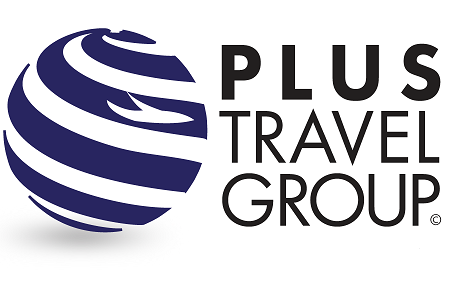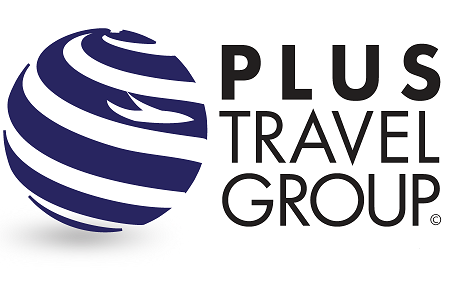Get Prepared!…
If you’ve never gone through the travel management procurement process, it can sometimes be daunting. So many questions, so many options, how does one make a choice? Many companies start the process by meeting with Travel Management Companies (TMCs) or putting out RFPs. However, we’ve found that success often stems from first thoroughly defining your needs and what the service provider you select should be able to do for you.
Tip #1
Involve your stakeholders! Who better to consult than those who will be directly affected by the services? Engage throughout the procurement process, those who would be using the service themselves, and also those who depend on its outputs (such as reports and invoices).
It’s important to keep an open mind and to be broad in defining your goals, objectives and outcomes as opposed to setting very specific requirements. You don’t want to limit potential suppliers’ innovation and creativity when it comes to bringing value to the table!
Here’s a good example of how to approach a supplier during initial meetings:
Explain strategies that you’d recommend to reduce our overall travel spend.
And to balance it out, a bad example:
Can you implement contract rates with Airlines X and Y but not Z to drive savings?
Lastly, here are some questions we’ve found helpful to keep in mind during the process to ensure success:
1. Do we have detailed data into our travel spend? And if not, can I easily gather it for my meetings with TMCs?
a. Sharing as much data as possible with potential TMCs can guarantee better advice and pricing. TMCs leverage your data and their relationships to secure discounts and perks for your company. The more data they have, the more accurate savings and discount projections they can give you.
2. If cost savings is our top priority, what are we prepared to compromise on?
a. TMCs can’t magically wipe away your entire travel spend! Serious cost reduction means compromises need to be made, so it’s a good idea to think about potential areas that you are willing to go “no-frills” on. Are your travelers willing to switch from Business class to Economy? Lower your per-night cap on hotel spend? Place a strong emphasis on the importance of online booking (which has lower per-transaction fees and reduces cost through hard stops and/or management approval)?
3. Are we trying to reduce our core travel and hotel spend? If so, by how much?
a. Not every company strives to slash air and hotel spend, but if you are looking to cut costs, make sure you have a good idea of what success in that category looks like for your organization.
4. Do we need to review and/or create our business travel policy?
a. Dust off that old travel policy and consider revising or rewriting it entirely! Travel technology continues to evolve to save organizations money, so be sure to bring your travel policy into the 21st century if it isn’t already. Be proactive in its development – be sure to make changes prior to rolling out a new travel management service. TMCs can help with travel policy development. They have access to sample travel policies, best practices, and benchmarking information. Also be sure to find out if there are additional fees involved with leveraging these resources.
5. Should we make online adoption a priority?
a. Driving home the importance of online adoption to travelers saves money on per-transaction fees. For easy single-leg trips, online bookings are the perfect way to cut costs. But for those longer, multi-destination trips, it’s often a smart idea to involve a Travel Expert who can factor in layover times and secure additional traveler perks!
6. Do we prefer dedicated agent service or are we okay working with a call centre?
a. TMCs can greatly differ in their service offerings. They range from boutique, personalized service to large call centre offerings. You should have an idea of what type of service best fits your organization’s wants and needs.
7. Does the supplier provide Duty of Care services? Is there an extra cost to leverage these?
a. Duty of Care should be on every company’s radar, especially during such turbulent travel times. It’s important to make sure your travelers are well taken care of. Organizations are liable for their travelers’ safety while on business trips. Make sure you understand what types of Duty of Care services are offered by each prospective TMC and the fees that accompany them.
8. What other value-add programs or services are available?
a. It’s a good idea to evaluate TMCs based on the bigger picture – do they have extra services available to their corporate clients? Some TMCs offer leisure booking program and services to their corporate clients. Another area to explore is whether they book group travel, meetings, and incentives trips.
And there you have it! Preparation is key to successful travel management procurement.


